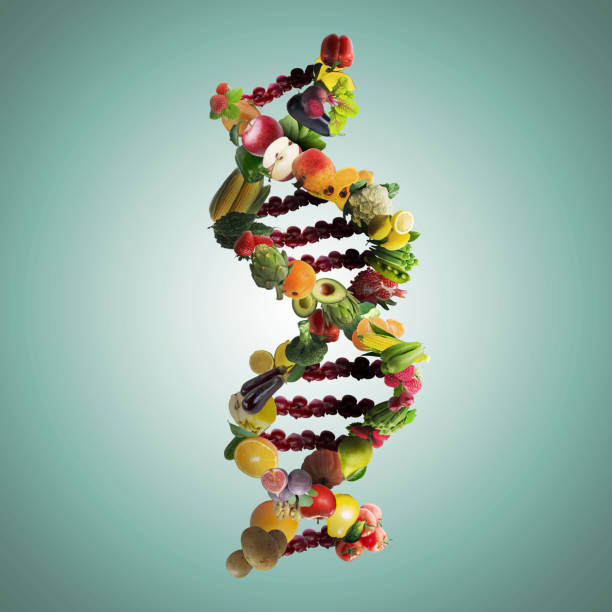Micronutrient Patterns That Relate to Liver Function
Supporting liver function involves more than single nutrients: dietary patterns that combine antioxidants, fiber, and specific fats help maintain metabolic balance and cellular repair. This article outlines micronutrient groupings and food choices linked to liver processes, with practical explanations of how vitamins, minerals, and gut-related factors interact.

This article is for informational purposes only and should not be considered medical advice. Please consult a qualified healthcare professional for personalized guidance and treatment.
antioxidants: how they support liver cells
Antioxidants neutralize reactive molecules that can damage liver cells during detoxification and normal metabolism. Foods rich in antioxidants—such as colorful fruits, leafy greens, and certain spices—supply polyphenols and vitamins that help reduce oxidative stress. Antioxidant intake complements adequate protein for enzyme production and minerals like selenium and zinc that act as cofactors. Combined with adequate hydration, antioxidant-rich foods help the liver process by-products of digestion while supporting cellular repair and resilience.
fiber: why it matters for liver metabolism
Dietary fiber influences liver health by regulating blood sugar, cholesterol, and the enterohepatic circulation of bile acids. Soluble fiber from oats, beans, and many wholegrains helps lower LDL cholesterol and can reduce lipid accumulation in the liver. Insoluble fiber supports regular bowel transit, which affects how the body eliminates cholesterol-derived compounds. Fiber also feeds beneficial gut microbes, linking to guthealth and reducing inflammatory signals that might otherwise burden the liver.
cruciferous: specific vegetables and liver-related pathways
Cruciferous vegetables—broccoli, cauliflower, Brussels sprouts, and kale—contain sulfur-containing compounds that can modulate liver enzyme systems involved in detoxification. These phytonutrients may upregulate phase II conjugation pathways that help the liver process certain toxins more efficiently. Including cruciferous vegetables as part of a varied diet brings vitamins and minerals important for enzymatic activity and pairs well with wholegrains and lean protein to maintain nutrient balance.
polyphenols: plant compounds and liver signaling
Polyphenols, a broad class of plant compounds found in tea, berries, and many fruits and vegetables, interact with cellular signaling and inflammatory pathways. They can influence lipid metabolism, insulin sensitivity, and mitochondrial function in the liver. Regular dietary sources of polyphenols often come with fiber and micronutrients, making them part of a pattern rather than isolated fixes. Fermented foods and certain beverages also offer bioactive polyphenols that can affect guthealth and, indirectly, liver stress.
omega3: fats that modulate inflammation
Long-chain omega3 fatty acids found in fatty fish, algae-based supplements, and some nuts and seeds have been associated with favorable changes in liver fat and inflammatory markers. Omega3s can influence lipid metabolism and help balance pro- and anti-inflammatory signaling. Pairing omega3 intake with adequate protein and a diet rich in wholegrains and vegetables supports overall metabolic health. These fats should replace, rather than merely add to, excess saturated or trans fats for best effect.
fermented: gut-liver interactions and fermented foods
Fermented foods—yogurt, kefir, tempeh, and some pickled vegetables—contribute microbes and fermentation metabolites that can influence guthealth. A balanced microbiome helps maintain intestinal barrier integrity and reduces translocation of inflammatory molecules that reach the liver. Fermented foods also often provide small amounts of vitamins and can complement fiber-rich meals. When combined with hydration and diverse plant foods, fermented items help shape a dietary pattern supportive of liver function.
Conclusion Liver-supportive eating focuses on patterns: combining antioxidants, fiber, polyphenols, omega3 fats, and fermented foods within a varied, nutrient-dense framework. Emphasizing wholegrains, adequate protein, hydration, and a range of vitamins and minerals helps maintain metabolic pathways and gut-liver communication. Small, consistent dietary adjustments that prioritize quality foods are more practical and sustainable than isolated supplements for most people seeking to support liver function.




